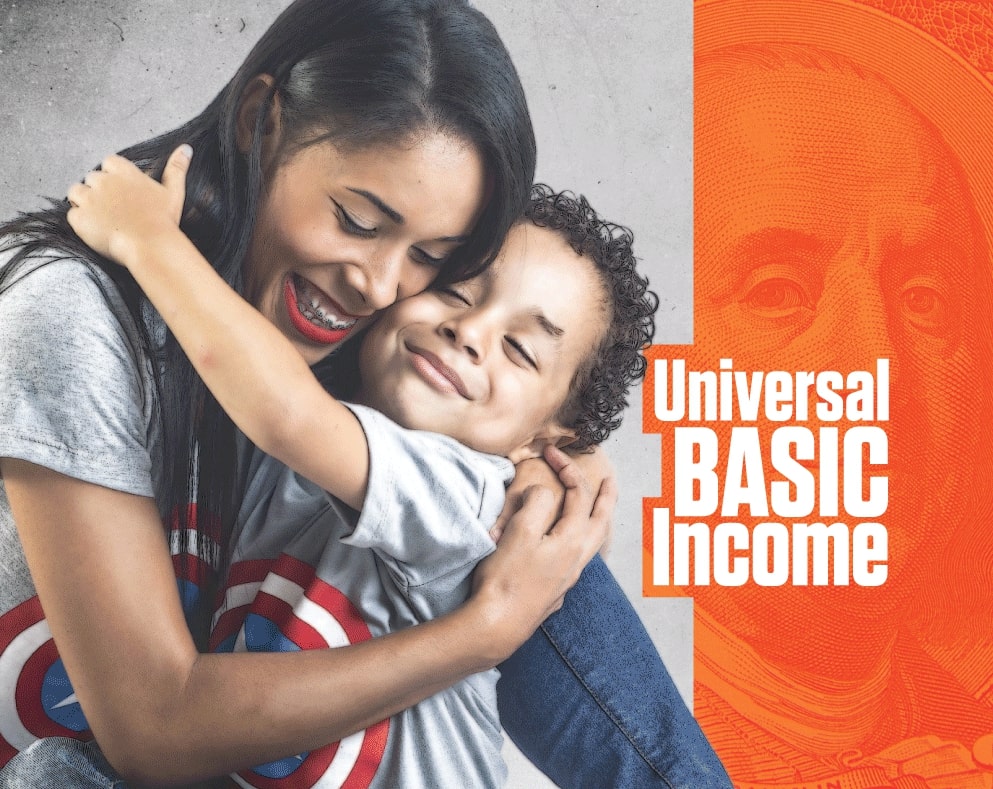
The growing momentum behind Universal Basic Income (UBI) programs in the United States continues to accelerate, with several more cities announcing their participation in pilot schemes aimed at exploring the potential impact of regular, unconditional cash payments on residents. Following the success and ongoing evaluation of UBI programs in Stockton, California, and other early adopters, municipalities across the country are embracing the concept as a potential solution to poverty and economic inequality.
This week alone, three new cities – Pittsburgh, Pennsylvania; Jackson, Mississippi; and Eugene, Oregon – joined the ranks of those implementing UBI pilot programs. Each program will differ slightly in its design, reflecting the unique socio-economic contexts of the participating communities.
Pittsburgh’s program, funded by a combination of private donations and local government funds, will provide $500 per month to 200 randomly selected residents for two years. The initiative, spearheaded by the city’s non-profit sector, will focus on analyzing the effects of UBI on employment rates, mental health, and overall economic well-being.
Jackson, Mississippi, a city grappling with high poverty rates, will implement a more targeted UBI program focused on low-income families with children. The details of the funding and the program’s duration are still being finalized, but officials emphasize the program’s goal of alleviating financial stress and improving educational outcomes for participating families.
Eugene, Oregon, known for its progressive policies, will launch a larger-scale UBI program, distributing monthly payments to a broader segment of its population. The city is currently exploring various funding models, including potential partnerships with the state government and private philanthropic organizations. The specifics of the program’s design, including the payment amount and duration, are expected to be announced in the coming months.
“The expanding interest in UBI reflects a growing recognition that traditional welfare programs haven’t fully addressed the complexities of poverty,” said Dr. Anya Sharma, a leading economist specializing in UBI research. “These pilot programs provide invaluable real-world data that will inform policy decisions and help us understand the true potential of UBI as a tool for economic empowerment and social mobility.”
However, the expansion of UBI initiatives also faces challenges. Funding remains a major hurdle, with many cities struggling to secure sufficient resources to launch and sustain these ambitious programs. Furthermore, critics continue to raise concerns about the potential for unintended consequences, such as reduced workforce participation or inflationary pressures.
The ongoing research and data collection from these expanding UBI programs will be crucial in addressing these concerns and shaping the future of social welfare policies in the United States. The results are eagerly awaited by policymakers and researchers alike, as they could significantly influence the national conversation surrounding UBI and its potential to reshape the economic landscape.